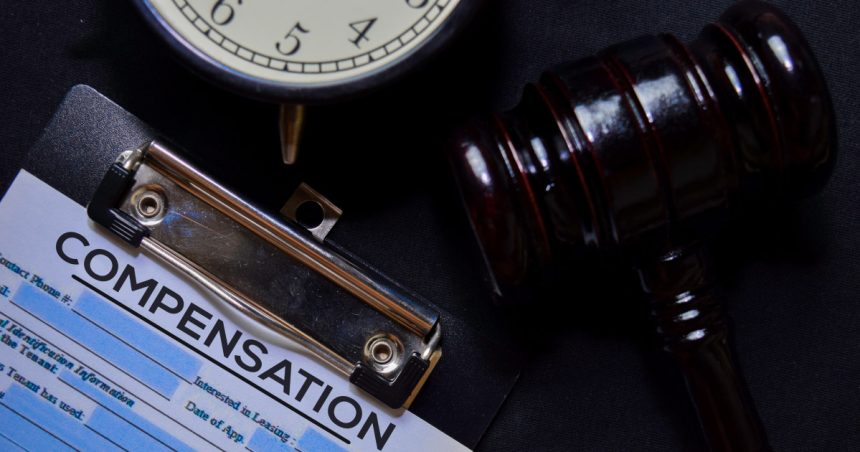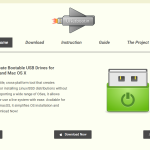Personal injury is one of those legal terms most people hope never to encounter in real life. But the truth is, accidents happen every day—and when they do, the fallout can be much more than a physical wound. It could be medical bills piling up, lost wages due to time off work, and the psychological weight of not knowing what comes next. In simple terms, a personal injury occurs when someone is harmed—physically, emotionally, or mentally—because of someone else’s negligence or wrongful actions.
Unlike damage to property or other types of civil disputes, personal injury cases are centered on the body and mind. From car crashes and slip-and-fall incidents to dog bites and medical malpractice, personal injury law exists to protect individuals and give them a pathway to justice. It’s not about punishing people for honest mistakes—it’s about making sure the injured party isn’t left to bear the burden alone.
How Personal Injury Claims Work
When someone suffers a personal injury, they have the right to seek compensation from the party at fault. In legal terms, this process is called filing a personal injury claim. Please visit Friedman Injury Law to learn more. The goal is to recover financial compensation for losses related to the injury, including medical expenses, lost income, pain and suffering, and sometimes even future treatment or rehabilitation costs.
To do this, the injured person—or their legal representative—must prove that another person or entity acted carelessly or failed to meet a legal duty. For example, if a store owner didn’t clean up a spill and a customer slipped and broke their arm, the store could be held liable for failing to provide a safe environment.
Most personal injury cases are settled out of court, but when both sides can’t agree, they may head to trial. That’s where having solid evidence—photos, medical records, witness statements, and expert opinions—can make all the difference. The legal process can be complex, but its purpose is straightforward: to make the injured party “whole” again, as much as money can.
Different Types of Personal Injury Cases
Personal injury law covers a broad range of incidents. Auto accidents are the most common, making up a significant portion of personal injury claims across the country. But there are many other scenarios that fall under this legal umbrella.
Slip and fall cases are another large category, especially when caused by unsafe conditions in public or private spaces. Dog bites, defective products, nursing home abuse, and even injuries from faulty construction work can all form the basis of a personal injury claim. Medical malpractice—when a doctor or healthcare provider’s error causes harm—is also considered a personal injury.
The key in all these cases is establishing fault. Did someone else’s action (or inaction) cause your injury? If so, personal injury law gives you a framework to hold them accountable and seek the support you need to recover.
Why Representation Matters
Navigating the aftermath of an injury can be overwhelming, especially when you’re juggling doctor’s appointments, physical therapy, and missed work. Add in dealing with insurance companies, who are often more concerned with protecting their bottom line than helping you, and the whole process can start to feel like an uphill battle.
This is where professional legal help can be critical. Experienced personal injury attorneys Florida residents rely on, for example, are skilled in negotiating with insurers, gathering evidence, and building strong cases. They know the ins and outs of state laws and understand what it takes to make a fair case for compensation.
Whether you’re in Miami, Orlando, Tampa, or a quieter town along the Gulf Coast, having an advocate who can shoulder the legal side of things allows you to focus on what really matters: healing.
What to Expect After an Injury
After an accident, the first step should always be seeking medical attention. Even if you feel fine, some injuries, like whiplash or concussions, can take time to reveal themselves. Proper documentation from a doctor will also serve as valuable evidence should you decide to pursue a claim.
Next, it’s important to document everything. Take photos of the scene, collect witness names, and keep copies of medical records and bills. If a police report was filed, get a copy for your records. This kind of thorough documentation can strengthen your case significantly.
You don’t have to rush into a decision about legal action. But if your injury is serious, consulting a lawyer early can help protect your rights from the beginning. Many personal injury attorneys offer free consultations, so there’s no harm in having an initial conversation.
The Emotional Toll of Injury
It’s also worth acknowledging the mental and emotional effects that can come with personal injuries. Beyond the physical pain, there’s often anxiety, depression, or trauma, especially if the injury was caused by a violent or shocking event. People recovering from injuries may experience stress over lost income, relationship strain, and the fear of permanent limitations.
These emotional and psychological challenges are valid and very real. That’s why many personal injury claims include compensation for pain and suffering—not just the things that can be measured in dollars and cents. A complete recovery includes both body and mind, and the legal system is increasingly recognizing that.
Final Thoughts
Personal injury law exists not to encourage lawsuits, but to provide a lifeline to those who are hurt through no fault of their own. It’s about fairness and accountability. While no amount of money can undo an injury, compensation can provide the support needed to rebuild and move forward with dignity.
Whether you’re dealing with a minor injury that left you out of work for a week or a life-altering accident with long-term consequences, you don’t have to go it alone. Legal professionals, such as personal injury attorneys Florida residents trust, can offer both guidance and advocacy when it matters most.
Injuries are never easy, but the road to recovery becomes clearer when you understand your rights—and have the right people in your corner.









